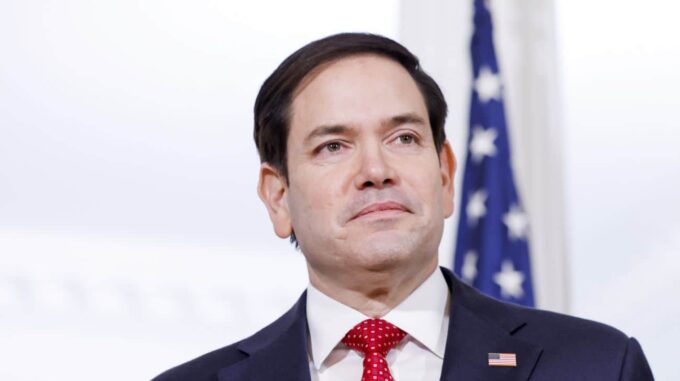Preparing for the decisive stage: what the critical week in U

S. politics means for Ukraine's future and the world In the context of the prolonged Ukrainian-Russian war, the question once again arises: how serious and consistent are the U.S. efforts to seek a peaceful resolution? This fateful reality was recently highlighted by U.S. Secretary of State Marco Rubio in his speeches, emphasizing that the upcoming week will be a defining and critically important moment for shaping American policy regarding the war in Ukraine. According to the senior official, this period will allow Washington to decide whether to continue supporting efforts to reach a diplomatic compromise and find ways to end hostilities or to shift resources and attention to other vital areas of national interest. "I think this week will be immensely important in determining our future course. We have to make a choice — whether to continue investing resources and efforts into this spark of resistance that keeps the world on edge, or to refocus on other priorities that are no less important for the future of our country and the world," Rubio said live on NBC News. It is evident that even amid optimism and attempts at breakthrough diplomacy, the prospect of long-awaited peace remains distant. This is also reflected in the diplomatic stance of the U.S., which is currently characterized by uncertainty. The Secretary of State did not specify specific timelines or dates for when hostilities might end but emphasized that in this matter, “we are closer than we have been in the past three years,” yet it is still not the time to speak of reaching a final agreement. "It would be wrong to set a specific date," Rubio stressed. He noted that during former President Trump’s term, significant time and energy were spent seeking a compromise, and although circumstances have brought the sides closer than before, a real breakthrough has not yet occurred. The high diplomat acknowledged that in America and around the world there are reasons for optimism, but at the same time, a very realistic view of the situation remains. "We see opportunities for progress, but we must also remain realistic," he emphasized. The background of this tense situation is filled with events from recent weeks, including key political leaders convening at the Vatican. On April 26, Ukraine’s President Volodymyr Zelensky and U.S. President Donald Trump met. The meeting took place amid the ceremonies inaugurating new pontiffs and drew additional attention from the global community. Zelensky hinted at the possible historical significance of the encounter, while the White House noted its high productivity. Simultaneously, Trump, without hiding his criticism of Russia’s actions, commented on the recent missile strikes on Ukrainian cities, urged Putin to end the war, and threatened sanctions should the conflict deepen. Thus, during this current week, it becomes again apparent that the world remains at a crossroads, and the fate of Ukrainian sovereignty and the future of global stability depend entirely on the decisions of key actors on the world stage. Whether the U.S. and its partners will be able to find a formula for compromise and how quickly they can persuade the Russian leadership to end hostilities — these remain open questions. Amid all the complexities and challenges of this week, hope persists alongside anxiety about the future of the Ukrainian people and the global balance of power.

